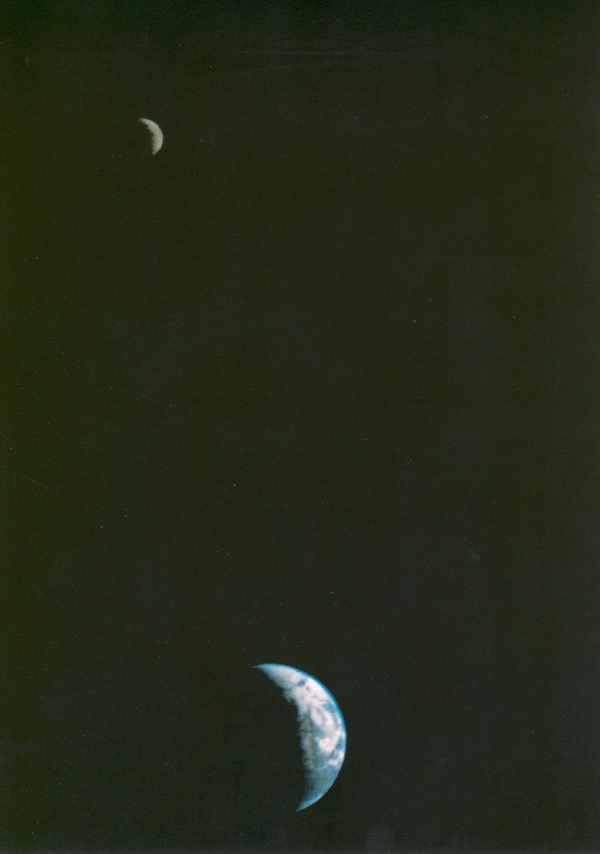LISTEN. We might be tempted in CoPhi today to describe the GOP's intentions of jamming RBG's successor through the Senate before November 3 as Machiavellian, in its ruthless abandonment of principle, or even Hobbesian in its monstrous display of authoritarian impugnity. But Machiavelli meant to inspire respect and fear, Hobbes awe. Trump, McConnell and their minions more inspire contempt and revulsion. RBG set the far better example. "Fight for the things that you care about, but do it in a way that will lead others to join you." Too bad they've only followed it in Lego-land.
But that's not what I want to wake thinking about this morning, I'd rather recall yesterday's lovely almost-Fall weather. Spent almost every moment of it in the wonderful open air, quality-hammock hanging time interrupted only by dogwalks and a bikeride. They've finally re-opened the lower loop at Percy Warner, making it feel like proper Sunday cycling again.
Margaret Renkl's paean to Fall captures the feeling of seasonal transition, with a reminder to make the most of these fine fleeting days that, for those of us of a certain age, symbolize sands through the hourglass. "Every day I'm given is as real as life will ever get. Now I understand that we are guaranteed nothing, that our days are always running out. That they have always, always been running out." Like Emerson said, the days are gods. Finite gods.
Roger Angell is no god, but as of Saturday he's a centenarian as well as a Hall of Famer. He says baseball’s “a great game for writers, just the right pace. You can watch the game and keep score and look around and take notes. Now and then you even have time to have an idea, which in many sports you don’t have room for.” (WA)
Here's an idea: wear a damn mask!"...Even if your optimistic assumptions were borne out, though, you should still join others in wearing a mask in public places. After all, people aren’t going to know why you aren’t wearing one. They may infer that you’re anti-mask or fear that you might pose a threat to them. At the same time, you would be eroding an important social norm. Whatever your personal risk profile, wearing a mask signals your support for a practice that can save lives; it helps maintain a public realm in which all of us do our share to contain transmission. For the same reason, you should continue with social distancing in public places..."
"Signaling" is not about self-righteousness in this instance, it's about upholding a shared commitment to making sure all our dwindling days don't run out before they have to. We're all riding this vulnerable space rock together, as that first Earth-Moon selfie from Voyager (9.18.77) first made graphic.
 |
| Voyager 1, 9.18.77 |
To those un-public spirited Machiavellian manques (not monkeys, resemblance aside) who think mutual support is for losers, I refer you to the Spanish triathlete who says it's simply a matter of fairness and just-dessert. He wins, at something far more important than a footrace. People like him (let's never forget that there still are people like him) remind us that we're not living in a nightmarish Hobbesian state of nature, a war of all against all, after all. They're the ones who truly redeem our species.
I spent the morning reading Plato's Apology, and I think you need to add Socrates in the mix to balance and perspective. Socrates said that a "man who really fights for justice must lead a private, not a public, life if he is to survive for even a short time.... Do you think I would have survived all these years if I were engaged in public affairs and, ACTING AS A GOOD MAN MUST, CAME TO THE HELP OF JUSTICE AND CONSIDERED THIS THE MOST IMPORTANT THING?" Speaking of those who convicted him unjustly, he said "I think these men bring shame upon the city ...." Wouldn't you love to hear what Socrates has to say about Mitch and Lindsey and the others? They, IMHO, bring shame upon our city, because they themselves do not know shame. Where are the men and women of character?
ReplyDeleteThey do bring shame, unfortunately they seem utterly without the capacity to feel it. They're the worst sort of cynics, the sort Diogenes would have shamed and the sort who sent him out in the daylight with his lamp. But as we'll also note with some relief in CoPhi today, in our reading of Baggini's "How the World Thinks" (the chapter on Emptiness and Buddhist transience), all things must pass.
Delete